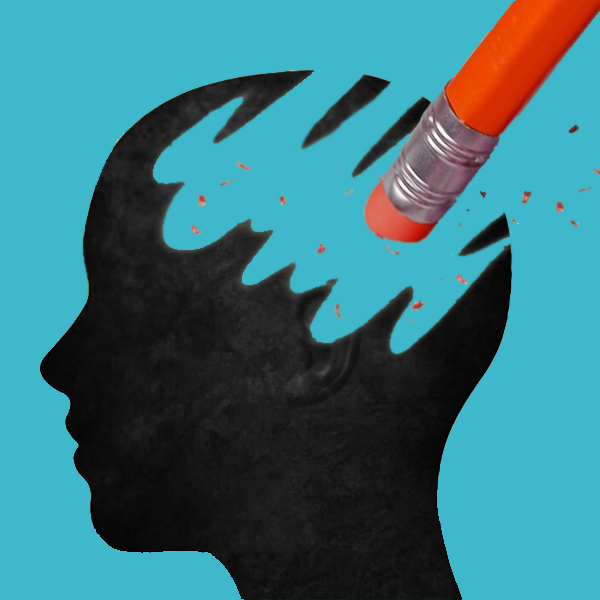The end of the year is a busy season for us normally and the continued chaos of the pandemic is doing little to relieve that. With the coming holidays and a plague that will not leave, stress and anxiety are nearly impossible to avoid.
As we stress, we produce cortisol, a natural chemical that can lead to memory loss. Stress and memory loss can become a feedback loop if it is not stopped. As you stress, you do not give attentive focus where you need to, leading to you forgetting something and rushing to fix it, which causes stress and additional memory loss, over and over again.
Finding coping mechanisms to this issue, unfortunately, is not an exact science. While several methods have been proven to help combat memory loss, many of them are highly debated or not fully understood. Take a look at some of the techniques hat can be helpful to combating stress-induced forgetfulness and memory loss.
Break the Trance:
When we do the same thing over and over again, such as driving the same path to work or locking our front door, we risk falling into a trance. Trancing is a form of disassociation that happens when we do something so often that we allow the active portion of our minds to drift elsewhere. Trancing can become a dangerous habit if left unchecked. It can keep people from actively acknowledging their actions, causing fear, stress, and anxiety.
Breaking a trance sounds more difficult than it really is. Allowing yourself to fall into a trance is dependent on doing something that is so familiar that you do not need the active portion of your brain. It is not always something you recognize in the moment, but once you realize what has happened, snapping out of it becomes relatively simple. Combatting it simply means finding ways to re-engage yourself.
There are several ways to be more active and mindful in your actions throughout the day and they change for everyone. Take a look below at some of our preferred tricks to encourage mental engagement:
- Do an odd little dance move after locking the door
- Re-engage your senses by using the 5-4-3-2-1 method
- Change the setting that you have become used to (face a different direction, change the sounds you hear)
Adjust the Décor
A memory cue is a great way to set a situational reminder or trigger a memory. External memory cues use odd items to draw attention and trigger a memory or action. The best time to use this technique is when you want to remember something when in a specific situation, not necessarily at a specific time. Below are some examples for utilizing this skill:
- Place a (preferably colorful) cup on the counter to remind you to unload the dishwasher
- Put a paperclip in your wallet to remind you to pick up a specific item at the store
- Put your pillow at the foot of your bed to remind yourself to move the laundry from the washer to the dryer
Say It Out Loud
Saying things out loud can be beneficial to memory recall in many ways, from studying to daily reminders. The reason this is such an effective effort is because it creates neural pathways through multiple senses. Essentially, the more senses you connect to an experience or memory, the more likely you are to remember it. Here are some examples to help inspire you in your usage of this trick:
- Describe the act as you do it (ex. “I am turning the key and locking the door. I checked the door and it was locked.”)
- Explain the memory cue as you place it (ex. “I am putting a rubber duck in my purse to remind me to grab shampoo at the store.”)
- Talk out loud, to yourself or others, about what needs to be done while observing it (ex. “I need to sweep the kitchen, mop the bathroom, and take out the trash” while looking at all 3 areas)
None of these are permanent fixes. These are simply coping tips to help break the anxiety feedback loop. These tips may not be the right fit for everyone, so if you know of something that has worked well for you in the past, be sure to let us know in the comments below!
If you are interested in helping solve problems like this and others from a provider standpoint, then check out our job board. If you do not see a job you are interested in there, then send us an updated resume and we’ll connect you with a specialized recruiter who can help you out!











